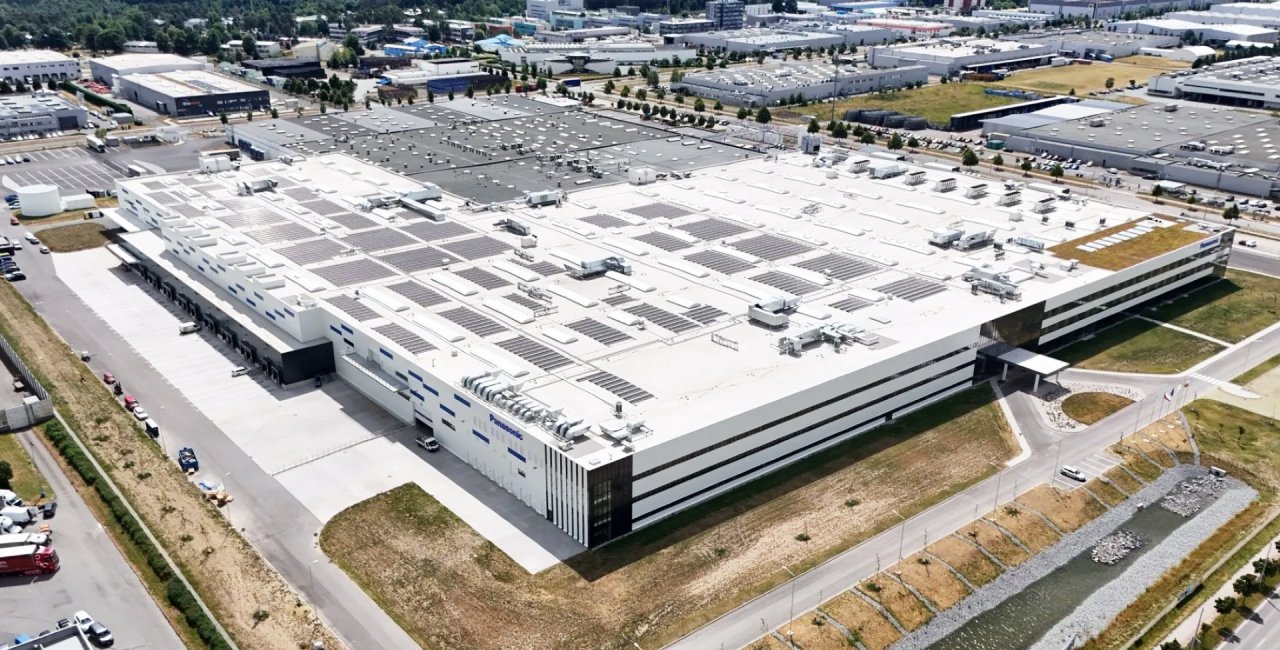Panasonic officially opened its new heat pump manufacturing facility in Pilsen on Friday. The CZK 8 billion complex, which includes a dedicated research and development center, aims to supply the European market with energy-efficient heating solutions. At full capacity, the factory will produce up to 1.4 million indoor and outdoor heat pumps annually by 2030.
The opening marks a significant expansion for Panasonic in Pilsen, where the company has operated since 1996. Initially producing televisions, the firm shifted focus to heat pumps in 2018, and the new facility nearly triples its production area to 140,000 square meters. Company officials say the expansion reflects growing European demand for renewable energy technologies.
Prime Minister Petr Fiala attended the inauguration, noting that the project strengthens Czech industry and highlights the country’s ability to attract technologically advanced investments. He emphasized the creation of high-skilled jobs and the integration of production with scientific research.
“The opening of this cutting-edge plant strengthens the competitiveness of the Czech industry, brings new qualified jobs, and confirms that the Czech Republic offers attractive conditions for technologically demanding and innovative projects,” Fiala said.
Expanded production and workforce
The new Pilsen complex will initially produce around 300,000 heat pumps per year, with current operations employing over 700 staff. Panasonic expects to double its workforce by 2030 as demand grows, although automation reduces the total number of employees needed.
The plant currently deploys 80 robots, with plans for additional automated systems including autonomous vehicles and robotic production lines. The company aims to source 85 percent of components from the Czech Republic and Europe in the coming years, providing opportunities for local suppliers.
The facility manufactures air-to-water heat pumps with capacities ranging from three to 30 kilowatts for residential and industrial use. It is equipped with six production lines—three for indoor units and three for outdoor units—with potential expansion to 21 lines as market demand increases.
Radek Vach, Panasonic Pilsen’s strategy director, said recent market fluctuations—particularly in 2024—had slowed sales, but the facility is now responding to rising European demand. He expects the plant to position Panasonic among the top three heat pump manufacturers in Europe.
Research and development integration
Alongside production, Panasonic has established a European R&D center at the Pilsen site, with an investment of approximately CZK 600 million. The center will oversee the full development cycle of air-to-water heat pumps, from initial design to final product testing.
The new R&D center will feature laboratories capable of simulating extreme environmental conditions to evaluate heat pump performance. The center plans to recruit dozens of engineers in electrical and mechanical fields, collaborating with institutions such as the University of West Bohemia and the Technical University of Ostrava.
“Integrating engineering with manufacturing allows for faster innovation and responsiveness to market trends,” says Tetsumasa Mizuta, general director of Panasonic Heating & Ventilation Air-Conditioning Czech.
Panasonic’s investment underscores the company’s long-term commitment to Pilsen. Since its first Czech investment in 1996, the company has become the largest Japanese investor in the country, with total Czech investments surpassing CZK 27 billion.


